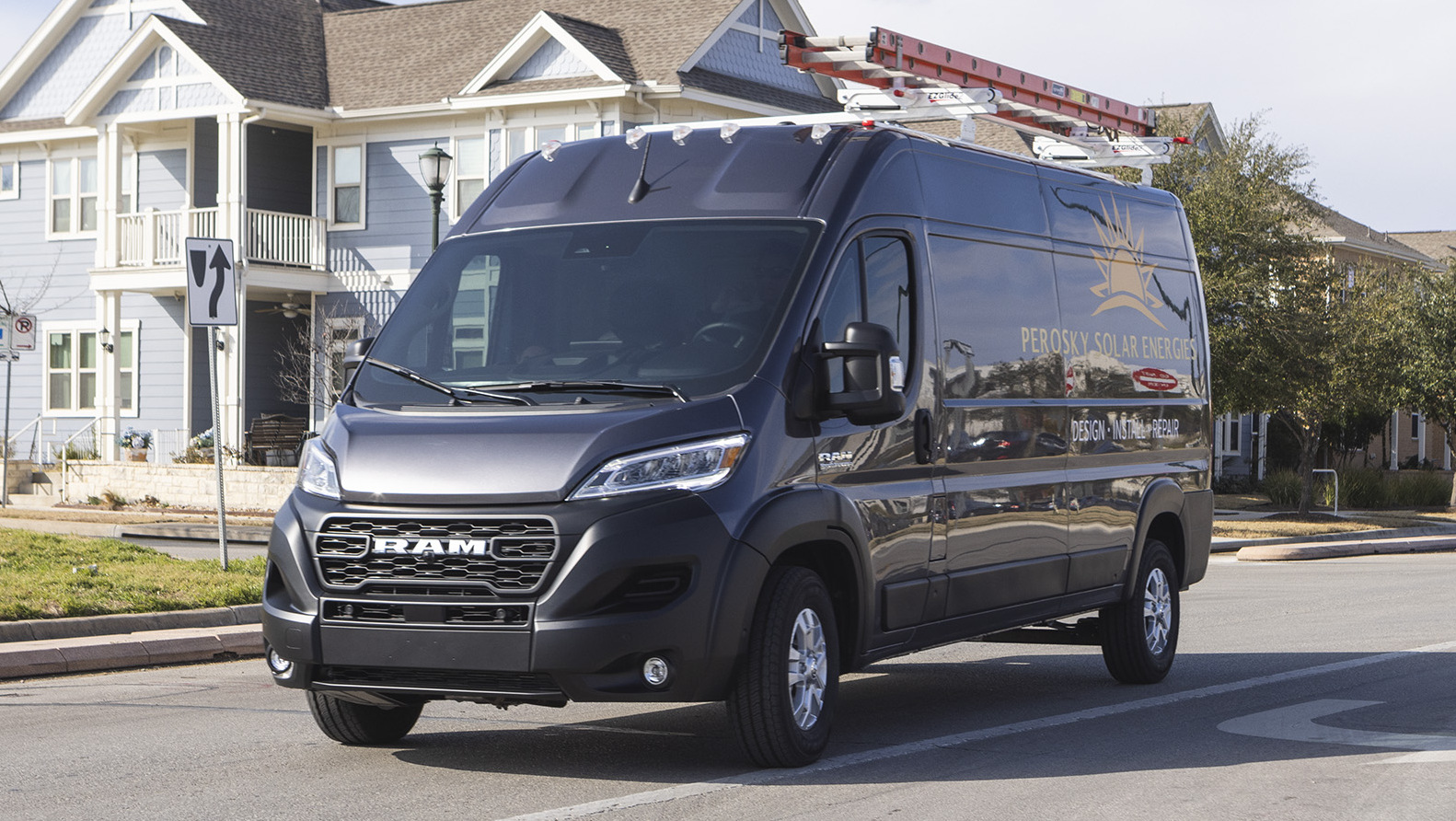
Stellantis (FCA US, LLC) is recalling approximately 291,664 units of its 2018 to 2026 Ram ProMaster (VF) vehicles due to a potential overheating electrical circuit within the radiator fan system, which could increase the risk of fire.
The Issue –

According to documents filed with the National Highway Traffic Safety Administration (NHTSA), certain Ram ProMaster vans built for fleet use may have been assembled with a cooling fan module that is prone to premature bearing wear and inadequate fuse protection on the 400-watt fan circuit.
Under extremely demanding fleet duty cycles, this condition can lead to excessive current draw, potentially resulting in the overheating of the electrical circuit and, in rare cases, a vehicle fire. A vehicle fire increases the risk of injury to occupants or people nearby, as well as property damage.
Affected Production Period –

The suspect vehicle population was built between July 20, 2017, when production of Ram ProMaster fleet vehicles with the affected fan components began, and October 7, 2025, when the last suspect unit was produced.
Production records were used to identify affected vehicles. Similar vehicles not included in this recall were non-fleet models or produced after corrective actions were implemented.
Recall Chronology –

-
July 3, 2025 – The FCA US Technical Safety and Regulatory Compliance (TSRC) organization opened an investigation after identifying a trend of fires originating from the cooling fan module in Ram ProMaster vehicles.
-
July 3 – October 14, 2025 – FCA US conducted a thorough root-cause analysis, including vehicle inspections, part retention and teardown, and system-level testing. The analysis confirmed premature bearing wear in the fan motor and insufficient fuse protection for the 400-watt fan circuit.
-
October 14, 2025 – FCA US determined that the root cause was the combination of bearing wear and inadequate fuse sizing, which could fail to protect the circuit during high current draw events.
-
October 14, 2025 – FCA US reported 39 customer assistance and field reports between January 15, 2020, and September 29, 2025, related to the issue. No warranty claims, injuries, or accidents were reported.
-
October 16, 2025 – The Vehicle Regulations Committee determined that a safety defect exists in the affected vehicles.
Remedy –

The remedy is currently under development. Stellantis will notify dealers and owners once a final repair procedure is available.
Owner Notification –

Interim owner notification letters describing the safety risk are expected to be mailed on November 20, 2025. A follow-up letter will be issued once the final repair is ready.
Owners may contact Chrysler customer service at 1-800-853-1403 and reference recall number 67C.
Owners can also check their Vehicle Identification Number (VIN) on www.nhtsa.gov or contact the NHTSA Vehicle Safety Hotline at 1-888-327-4236 (TTY 1-888-275-9171). VINs affected by this recall will be searchable beginning October 30, 2025.






No replies yet
Loading new replies...
Join the full discussion at the Mopar Insiders Forum →